Tana KAREI: generator of emotional resonance
PRODUCTION: Ademán
product photography:
Alum Galvez
text: Sofia Arredondo

In Tana Karei’s aesthetic approach, design manifests as a radical form of attention - toward materials, bodies, vital rhythms, and the affections that circulate within a space. Founded by sisters Norma and Cynthia Maldonado, the studio weaves together furniture design and interior architecture - expressed through spatial, sensory, and floral languages
- as an integral practice that accompanies daily rituals and cultivates a profound relationship with the environment. Their work shapes atmospheres that invite stillness, presence, and inwardness, where every element contributes to the construction of a harmonious, intimate, and transcendent world.
The furniture created at Tana Karei - tables, chairs, benches, mirrors, chests, consoles, lighting fixtures - emerges outside of prefabricated formulas or industrial production logics. Each piece is a vessel of intention, a gesture of listening toward matter. Designed to be lived with across generations, these forms are meant to age gracefully, to accompany the passage of time, and to become part of the home’s sensory memory. Their pieces do not merely serve a practical function; they expand the object’s meaning: as extensions of the body, as vehicles for contemplation, as fragments of a larger whole that speaks through the subtle.
Their approach to interior design transcends spatial composition - it becomes a way of caring for the soul of a place. From architectural layouts to floral gestures - an inheritance from their mother that imbues their language with ritual and ephemerality - each intervention enters into dialogue with the lives of those who dwell there, revealing the singular within the everyday. Flowers, stones, wood, or textiles are not decorative elements but living entities, sustaining a silent conversation with the atmosphere. The sensitivity with which they are integrated reveals an ethics that conceives of space as an extension of the body.
Tana Karei articulates a vision of design where the essential takes shape. Their close collaboration with Mexican master artisans anchors their practice in knowledge passed down with reverence and precision across generations. This connection to tradition is not nostalgic but a form of resistance against acceleration and depersonalization. In their hands, the ancestral becomes contemporary, and the contemporary regains a spiritual depth often lost in the production of the merely useful.
To inhabit, in this vision, implies a reconfiguration of relationships—with oneself, with others, with the home, and with the natural world. Each space conceived by Tana Karei is not only a response to functional needs but a generator of emotional resonance - spaces that foster well-being, belonging, and balance. Design, here, is an act of generosity: a way of offering the world objects and environments where pause, tenderness, memory, and future can coexist.
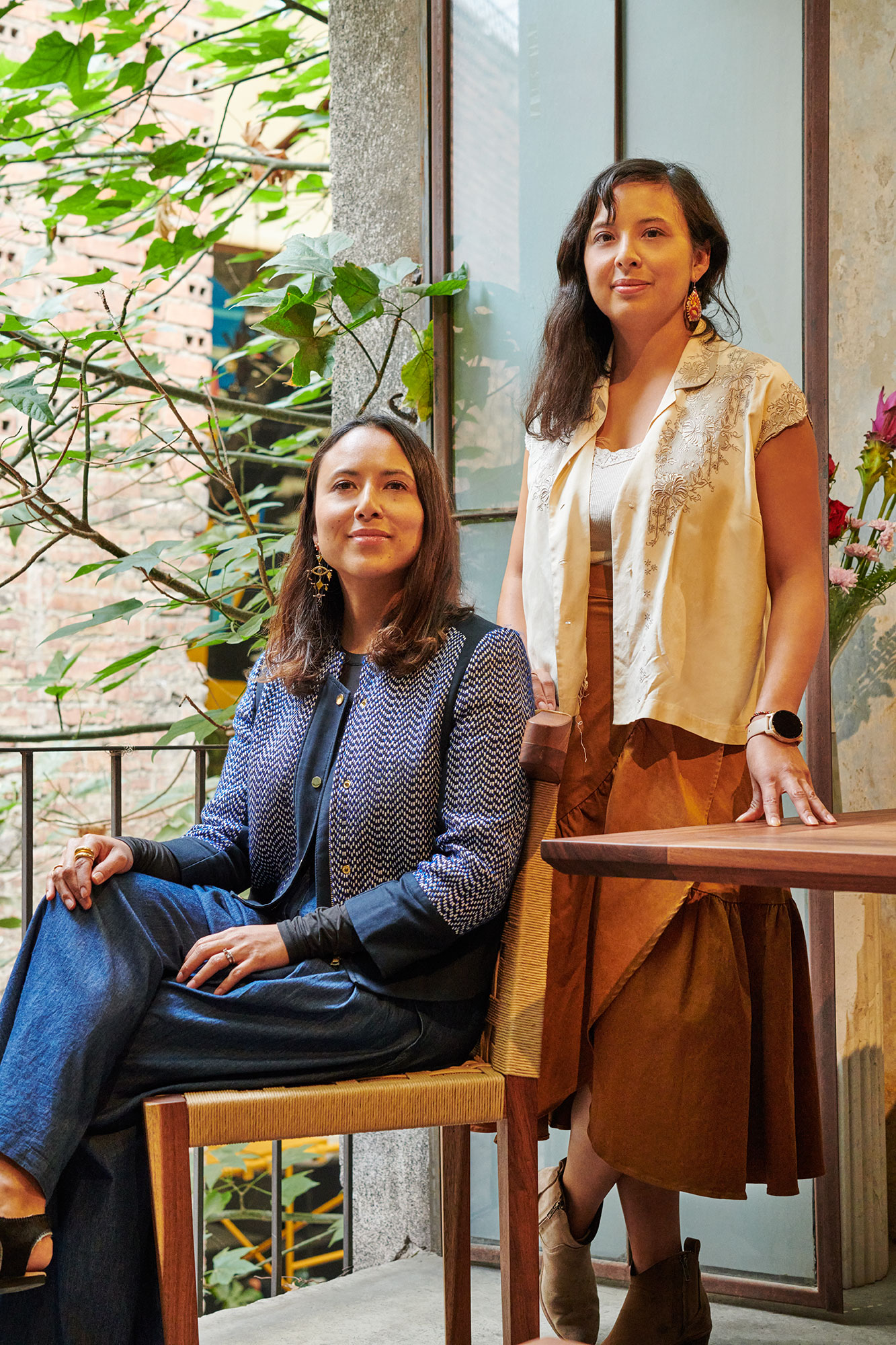
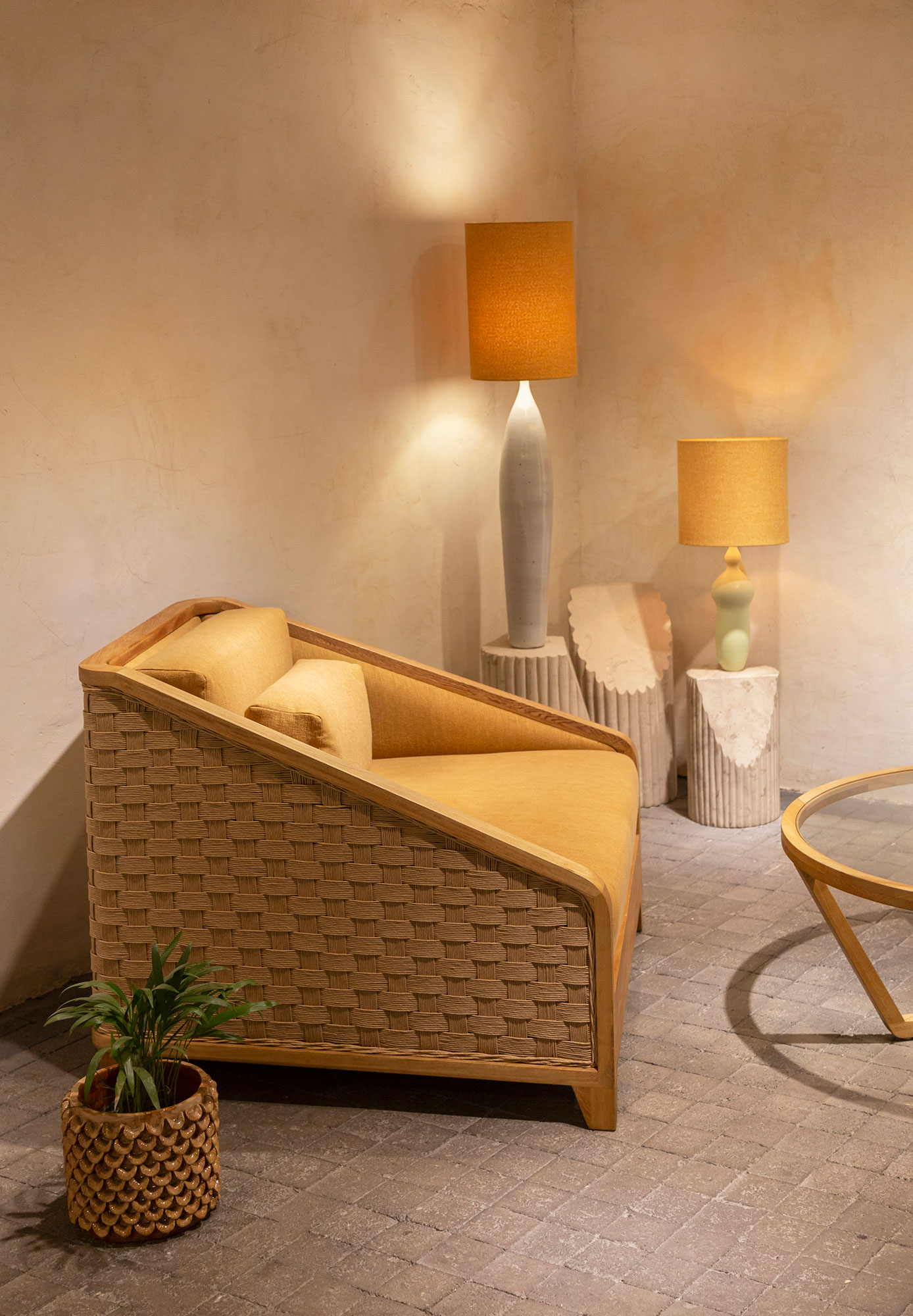
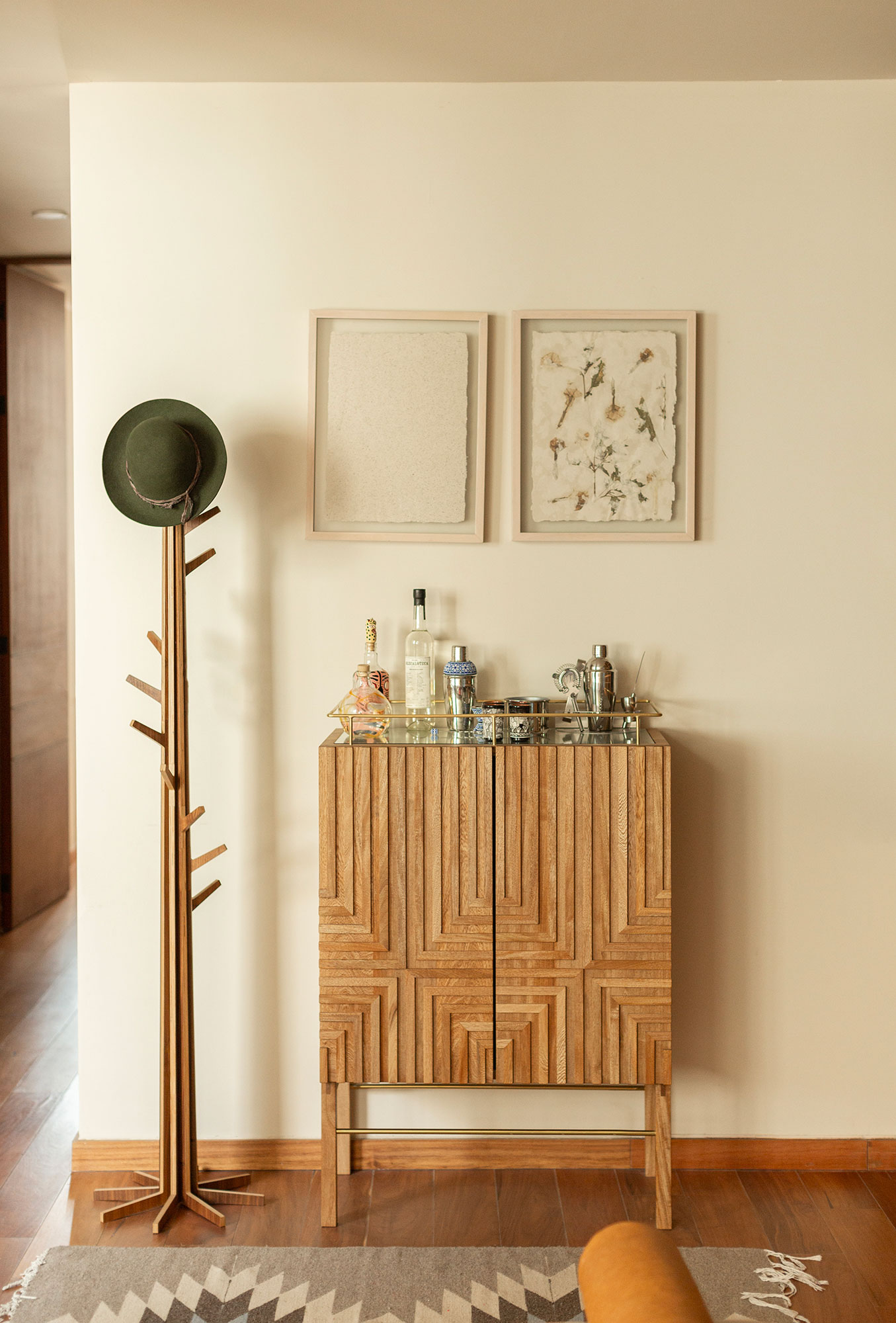
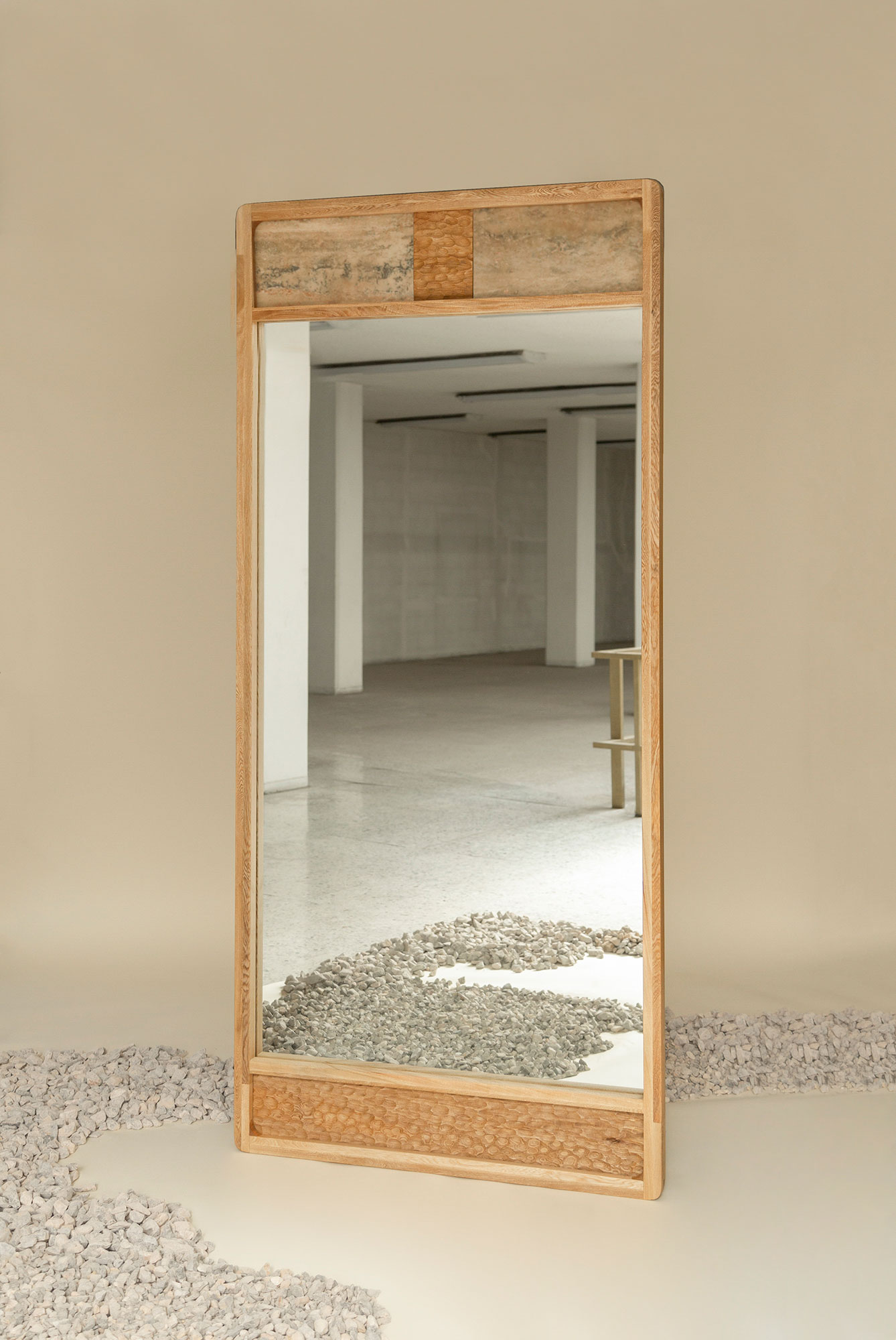
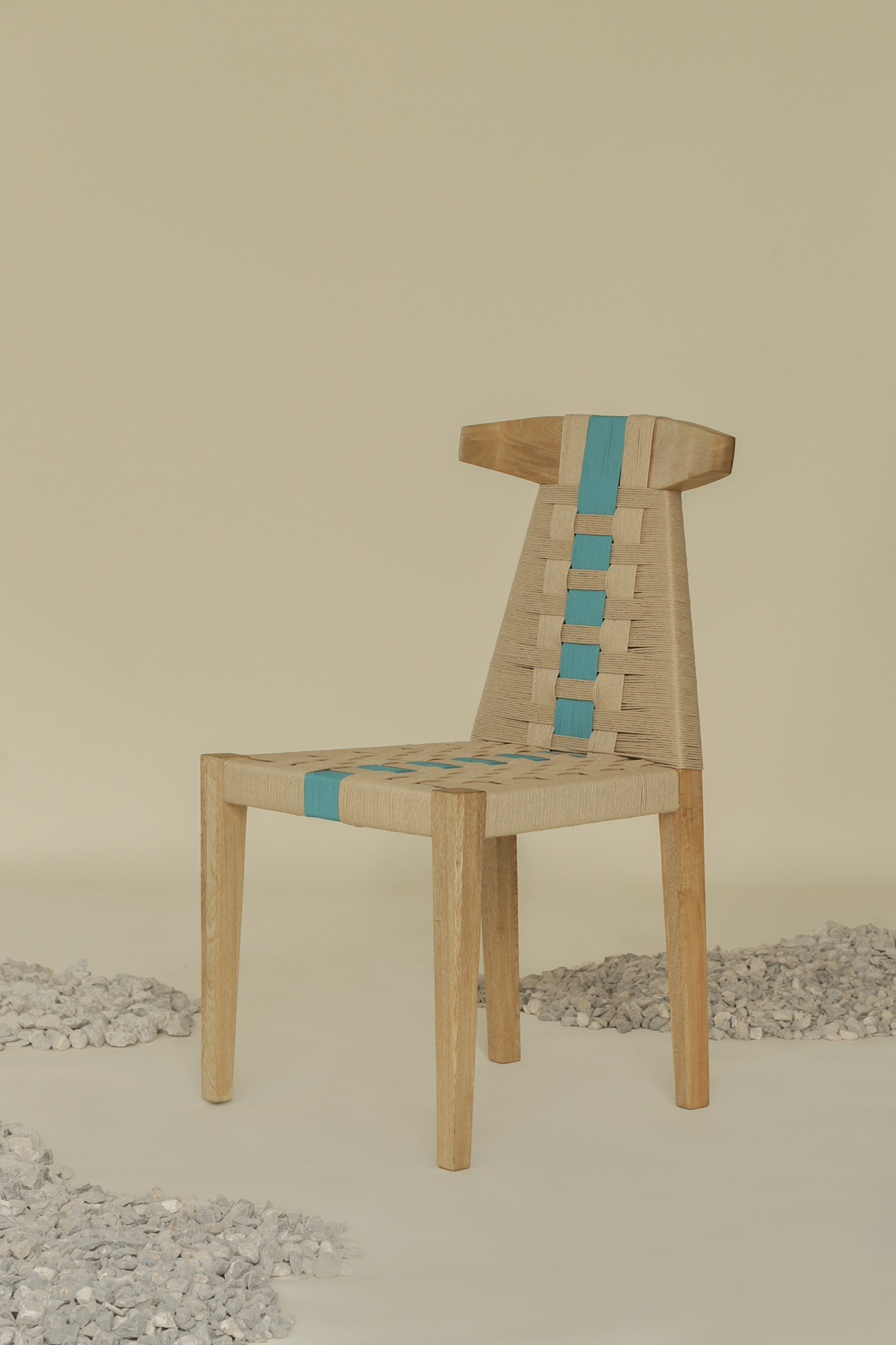

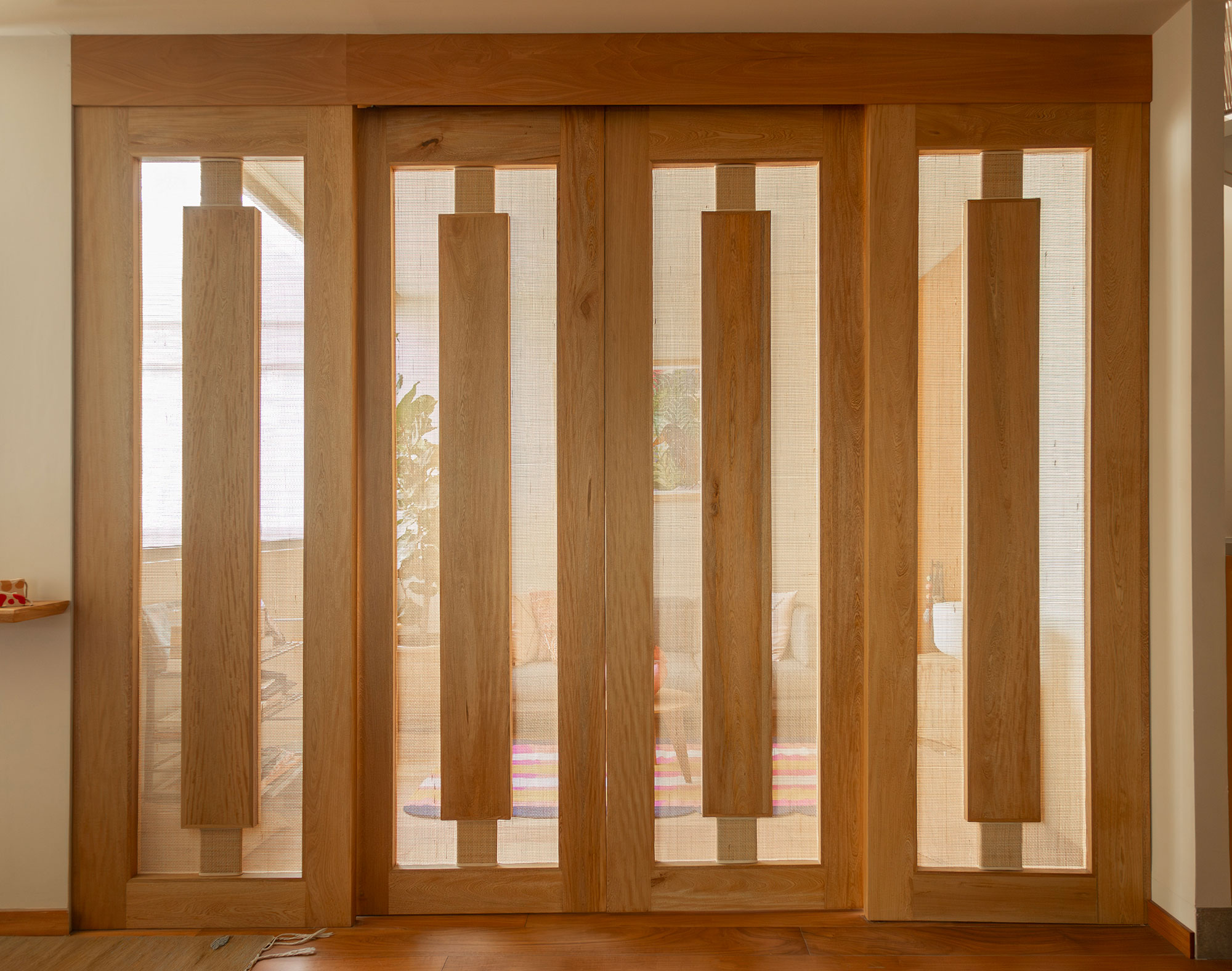

INTERVIEWER
Your favorite flowers?
Tana Karei
Cynthia : My recent favorite is the cardamomo flower, the pattern and color palette is exquisite. Dahlias are also mesmerizing, each one is so unique and different from each other that it keeps you intrigued. And finally the rose, whichever kind of rose, is always my personal favorite, its classical, has a wonderful smell and it takes me back to my childhood.
Norma : My favorite flower is rose
INTERVIEWER
The object of yours that you can't imagine living without?
Tana Karei
Cynthia : Hammock, it's like my personal cacoon. Love to nap, think and read in it.
Norma : Good reading chair
INTERVIEWER
The Mexican tradition that you most resonate with?
Tana Karei
Cynthia : Temazcal
Norma : Day of the dead
Your favorite flowers?
Tana Karei
Cynthia : My recent favorite is the cardamomo flower, the pattern and color palette is exquisite. Dahlias are also mesmerizing, each one is so unique and different from each other that it keeps you intrigued. And finally the rose, whichever kind of rose, is always my personal favorite, its classical, has a wonderful smell and it takes me back to my childhood.
Norma : My favorite flower is rose
INTERVIEWER
The object of yours that you can't imagine living without?
Tana Karei
Cynthia : Hammock, it's like my personal cacoon. Love to nap, think and read in it.
Norma : Good reading chair
INTERVIEWER
The Mexican tradition that you most resonate with?
Tana Karei
Cynthia : Temazcal
Norma : Day of the dead
Tana - the name of their grandmother. Karei - Japanese for splendor. The floral gesture, inherited from their mother, is not an embellishment but an offering. The entire project is a weave of lineages and resonances. In this name, a lineage and an intention are declared: to create from affection, and for affection. Each flower cut and arranged is a way of honoring the ephemeral, of introducing the living into the architecture of what endures. In that tension between the solid and the volatile lies the essence of Tana Karei’s vision: to design not only spaces, but states of the soul. Because beauty does not lie in spectacle, but in what transforms quietly.